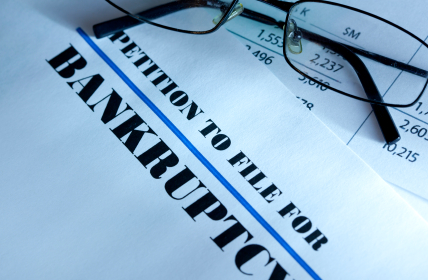
Disclosing Inherited Property In A Chapter 13 Bankruptcy
A recent ruling from the 9th Circuit Bankruptcy Appellate Panel has clarified an ambiguity in the bankruptcy code by clarifying that property inherited more than 180 days after the filing of a Chapter 13 petition is to be included in the debtor’s bankruptcy estate and administered by the case trustee.
In the simplest terms, the bankruptcy code states in Section 541 that all of the property and rights held by the debtor on the date of filing become property of the estate. It then follows that property acquired after the petition date is not property of the estate except for any property the debtor acquires or becomes entitled to acquire by bequest, devise, or inheritance within 180 days after the petition date. See 11 U.S.C. Section 541(a)(5)(A). The 9th Circuit has now ruled that Section 1306 of the bankruptcy code, a provision relating to Chapter 13 plans, operates to bring any property acquired during the plan into the estate to be applied for the benefit of creditors
If you are presently in a Chapter 13 plan and you have received money from a will or a trust, the best thing to do now is to tell your trustee. No matter what the asset’s value, it is not worth the risk of suffering the penalties for concealment of an asset in a bankruptcy case.
After you have disclosed the inheritance, your attorney may be able to help you modify your plan to allow you keep your inheritance. Your attorney should also help you evaluate options for turnover to the trustee or possible conversion of your case to another chapter.
If you have received an inheritance during a Chapter 13 plan and you need to know what to do next, schedule your free consultation by calling (480) 888-7111
See Dale v. Maney
By: Levi S. Hatch

